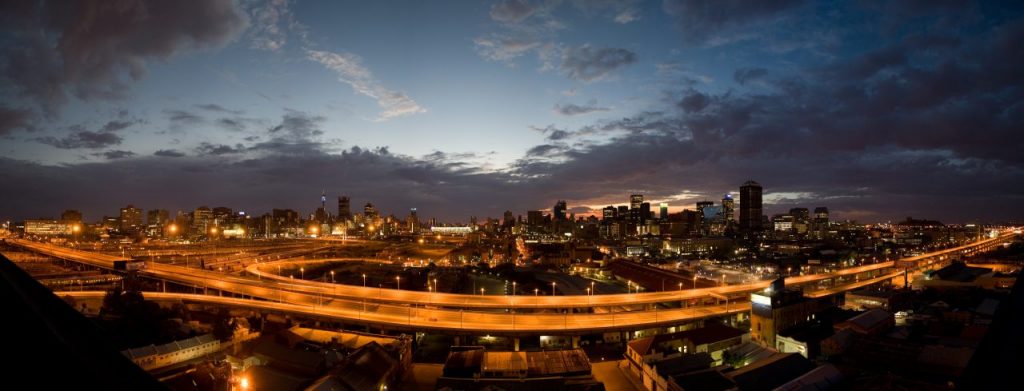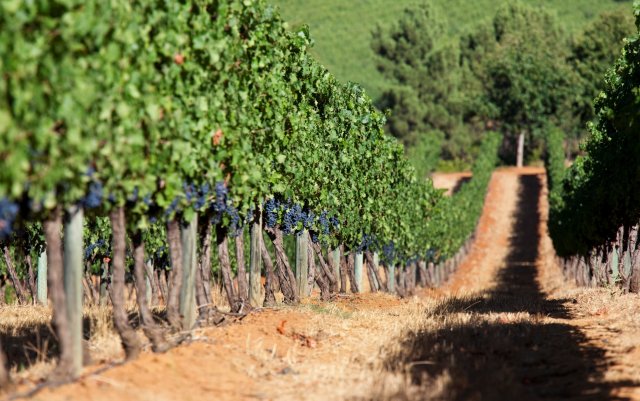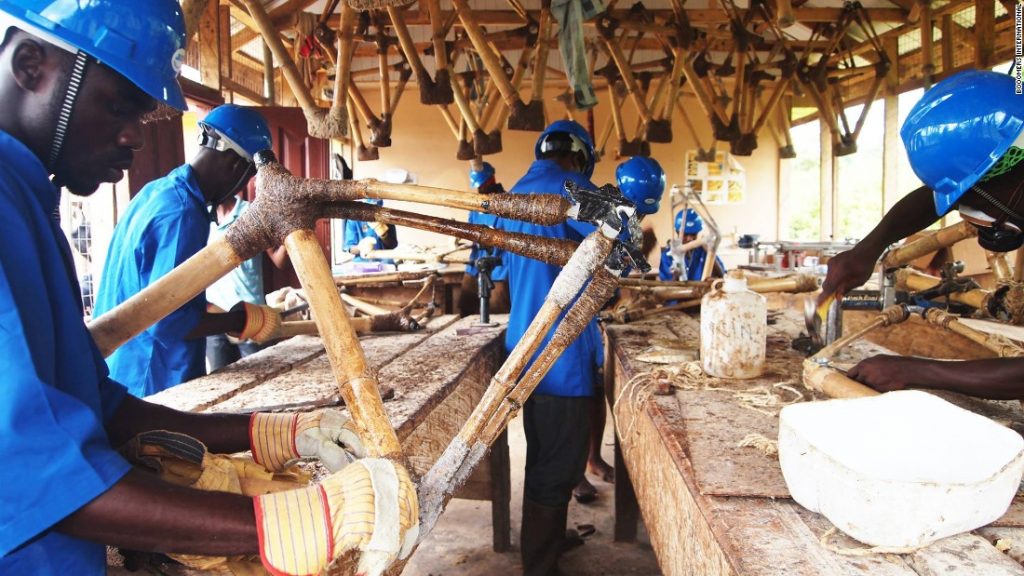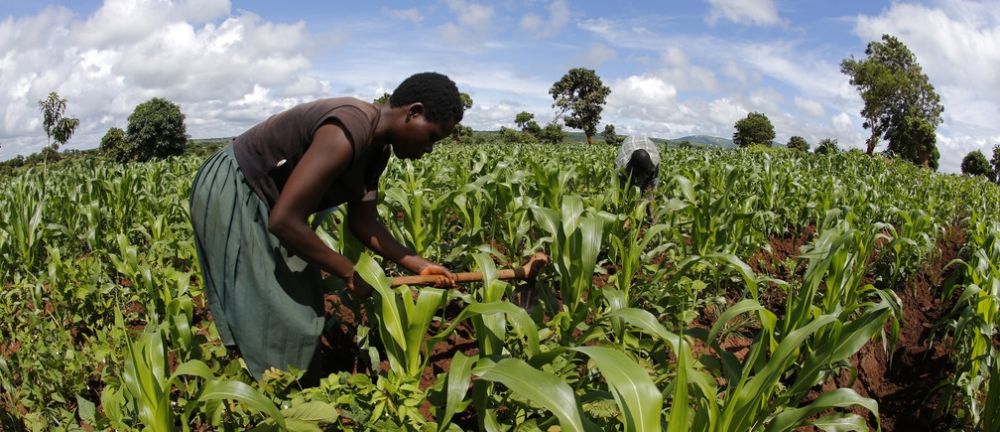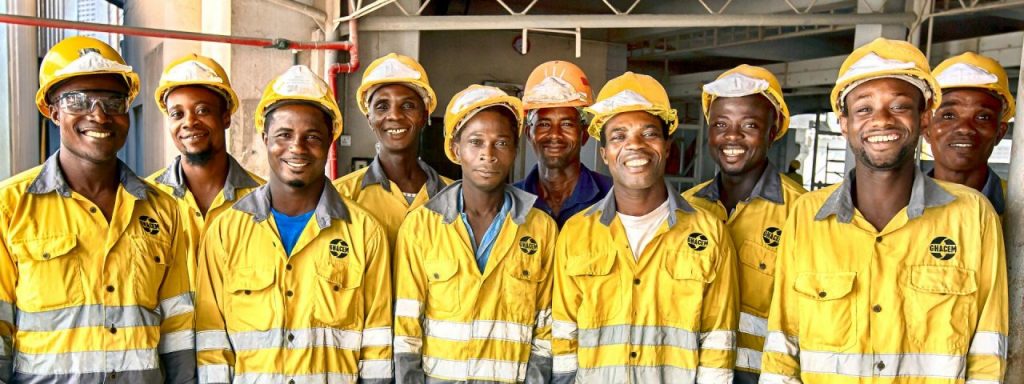Join GlobalBizzNetwork and start your international business network today.
Morocco
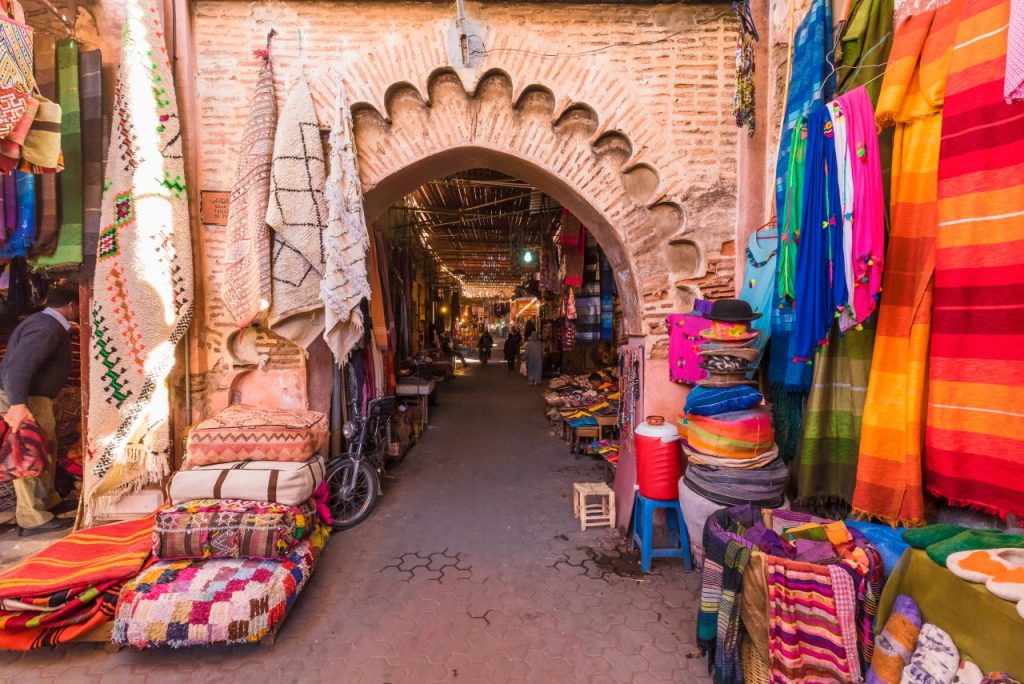
This years report of The World Bank (2018) about doing Business ranks Morocco in 69th position with a score of 67.91 points. Therefore, Morocco confirms its position as a leader in North Africa, ahead of: Tunisia (88th), Egypt (128th), and Algeria (166th).
The kingdom has also managed to climb to the 3rd rank among the Middle East and North African (MENA) countries – behind the United Arab Emirates (21st) and Bahrain (66th), and, for the first time, ahead of the Sultanate of Oman (71st according to the same report). On the African continent, Morocco maintained its 3rd position with a score of 67.91 out of 100. This was determined by the scores obtained in the:
- Creation of companies (92.46 / 100, 17th place)
- Payment of taxes (85.72 / 100, 25th place)
- Cross-border trade (81.12 / 100, 65th place)
- Granting of building permits (79.73 / 100, 17th place)
On the other hand, Morocco lags behind in legal and regulatory indicators, namely:
- Insolvency regulation (34.03, 134th)
- Obtaining loans (45.00, 105th)
- Minority investors (58.33, 62nd)
“Morocco has also maintained its position in the second-best category of countries in terms of ‘ease of doing business’ in the world”, says the department of the Head of Government. They explained that the World Bank has created five categories of countries of which the first includes mainly The Organisation for Economic Co-operation and Development (OECD), countries.
On the basis of the filed reforms, presented by Morocco in July 2017 to the World Bank, it was observed that only two reforms were counted. Regarding the business start-up indicator, the World Bank took into account the reduction of company creation time in Morocco. This followed the abolition of affixing physical stamps with the use of the Integrated Taxation System. As for indication of the payment of taxes, the Doing Business 2018 report welcomes the facilitation of payment procedures through simplifying and generalizing all payment procedures.
African Lions
Morocco is an important emerging market. It has been identified as part of a group of fast-growing nations described as ‘African Lions’.
Morocco is in a strategic location for access to Europe. It is also well located as a platform for reaching other international markets, especially North and West Africa. With Africa increasingly seen as a future engine of global growth, Morocco is a potential gateway to the continent for lots of companies.
Strengths of the Moroccan market include:
- good communication network and global transport connections
- strategic geographic location and gateway to Africa
- open Skies Agreement with the European Union (EU)
- strong banking and finance sector
- ‘advanced status’ with the EU since 2008
- competitive labour costs
- tax incentives, no restrictions to capital and ease of repatriation for profits and dividends
Challenges doing business in Morocco
There are some challenges to doing business in Morocco, including:
- bureaucracy
- implementation of legislations and delayed decision making
- counterfeiting
- corruption (scored quite poorly in the Corruption Perception Index)
- competition from EU trading partners and growing competition from non EU countries
- price sensitivity of the market and low consumer purchasing power
- high unemployment and large informal sector
Energy
Morocco has an ambitious strategy to develop renewable energy resources. The strategy focuses on awareness of environmental issues and the need for energy efficiency. The aim is to make Morocco less reliant on energy imported energy.
Approximately 94% of energy needs in 2011 were imported, which leads to opportunities for investing companies in:
- renewable energy
- energy efficiency
- hydrocarbon exploration
- environment, water and waste management
- upstream oil and gas and minerals exploration
Safety and security
Safety and security is one of Morocco’s top priorities. There are major projects in infrastructure, sports and tourism that will create new opportunities.
There are currently opportunities investing companies in:
- fire safety
- border and access control
- surveillance and detection equipment
- imaging and police technology
Education and training
There is a demand for English education and training at all levels. Vocational training across all industries offers much potential for companies who provide that. 2014 introduced the first ever English Baccalaureate ‘English option’ to the Moroccan International Baccalaureate (IB) program in Moroccan state schools.
There is also a growing demand for companies with:
- schooling
- English language provision
- academic partnerships with universities
Construction and infrastructure
Morocco’s growth is accompanied by an overarching transport and infrastructure strategy. The construction and infrastructure sectors offer many potential opportunities for companies in:
- urban and rural infrastructure projects
- new motorways, road and rail construction
- urban and national transport development programmes
- upgrading ports and airports
- construction of new towns and industrial areas
- construction of leisure facilities, hotels and resorts
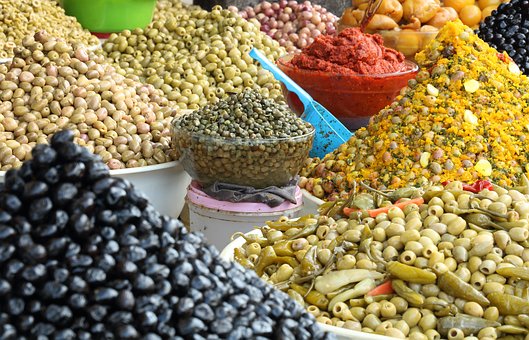
Growth potential
Morocco is a stable emerging market and has made remarkable economic progress over the past few years. Over the last decade, Morocco has significantly liberalised its trade regime and strengthened its financial sector. It retains strong international market confidence and continues to attract significant Foreign Direct Investment (FDI) inflows.
Gross Domestic Product (GDP) growth slowed to 2.4% in 2014 due to falling agricultural yields. GDP growth is expected to increase up to 4.5% in 2015 driven by manufacturing and services activity.
Agriculture remains an important part of the economy. It employs around 40% of the population and represents 15 to 20% of GDP.
Industrial activity registered an increase in car manufacturing, aerospace, chemical and food-processing industries.
Morocco has several free trade agreements currently in place with various countries, including the EU, the USA, Turkey, Jordan, Tunisia, Egypt and across Africa.
